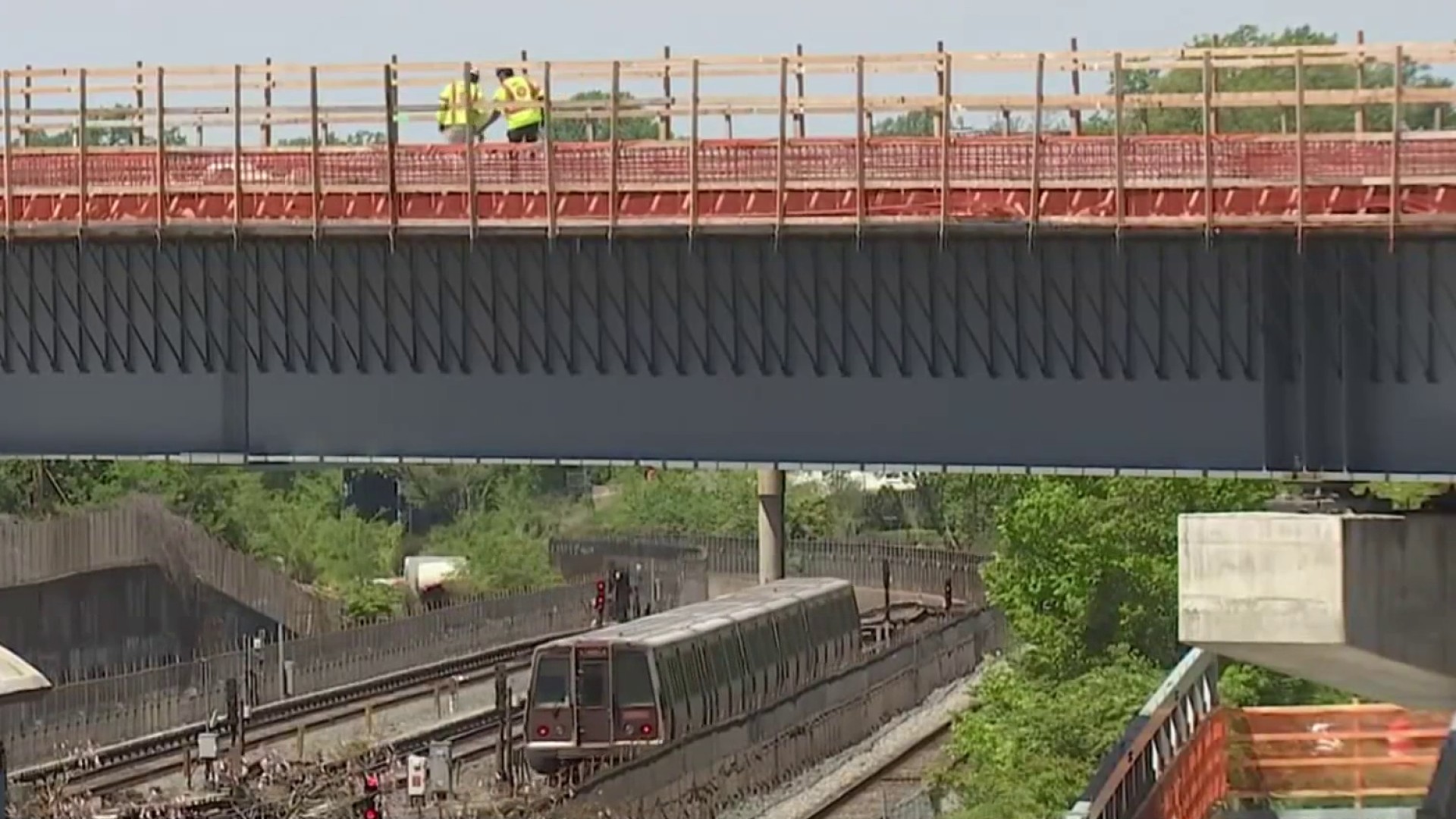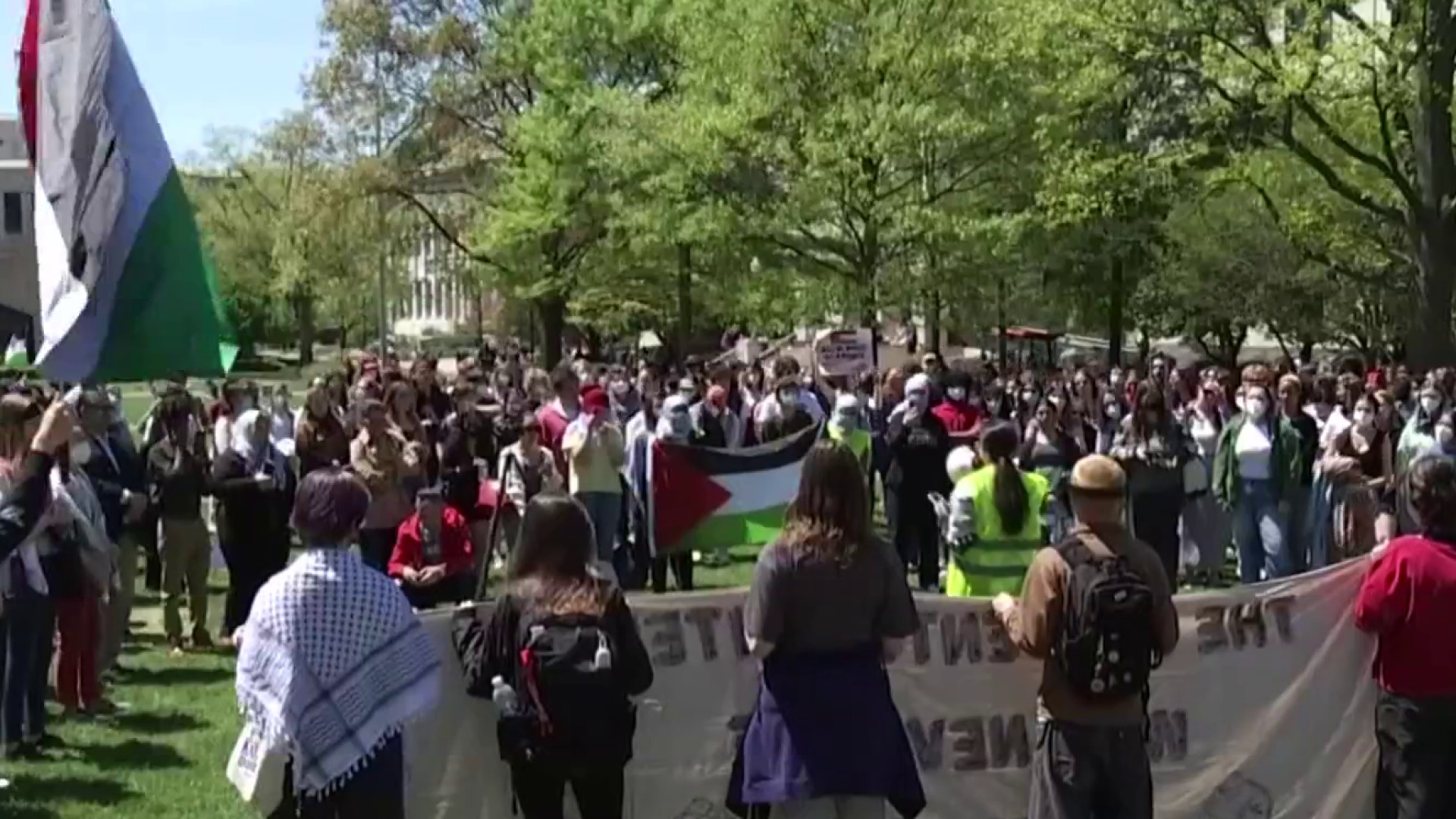DC Water will change the way it notifies the public during potential emergencies, according to documents obtained by the News4 I-Team.
The move comes after a public outcry and numerous complaints regarding how the District's water utility handled notifications during a boil water advisory that affected tens of thousands of customers in July.
"There were people who were very upset and it caused a lot of anxiety," said Council member Mary Cheh, who chairs the D.C. Council Committee on Transportation and the Environment.
Cheh wrote letters to the head of DC Water and other District leaders demanding answers to questions that arose during the event, which was triggered when an employee accidentally left a valve open threatening bacterial contamination.
"I got lots and lots of emails about it, complaining they should have done a better job," said Cheh, adding that many residents were unaware of the boil water advisory for hours and had already eaten breakfast and used water before being notified.
"We were lucky, in that there was no serious injury," said Cheh. "So it was almost like a dry run."
She says many residents questioned why the District didn’t utilize its Wireless Emergency Alert system, which can contact every cellphone within a certain area via text message to warn of an emergency. The message is accompanied by a blaring alert sound and was just tested regionally in April.
Local
Washington, D.C., Maryland and Virginia local news, events and information
"Because we didn't know and because there was a potential danger, I would have thought that maybe that alert system with the texts would have been better," Cheh told the I-Team.
But the District's Homeland Security and Emergency Management Agency says the July water situation did not meet the federal standard to use that alert system, even though leaders needed to quickly tell tens of thousands of people not to drink their tap water without boiling it first.
The director of that agency will now contact FEMA and the FCC to push for expanded uses of the alert system to include water advisories.
The District does have a voluntary text and email program called AlertDC, but only about 104,000 people are signed up to receive those messages.
Cheh wants to change District policy to require certain businesses, like day care centers, to sign up for the alerts during their licensing process.
"I said shouldn't you always err on the side of notice? You can always take it back but yet people would be notified," said Cheh.
DC Water has already added a new computer server to keep its website from crashing during future emergencies, which add traffic to the site.
The utility is also changing its robocall system to one that will make all calls within 30 minutes. It will improve an online interactive map feature that warns customers of problem areas and DC Water hopes to identify a liaison for large customers like hospitals and universities.
Cheh gave the I-Team a copy of a letter in which DC Water told her it had no way to contact many customers who pay their water bills indirectly — through their rent or a building association.
A spokesperson told the I-Team whatever future solution DC Water selects to better notify its known customers, it also plans to allow anyone to opt in to get those notifications.
Cheh met earlier this week with the head of DC Water, the director of HSEMA and other District leaders to hear how they plan to improve their response during future alerts. Cheh characterized the meeting as productive and positive.
"It's going to be better next time," she said.
Reported by Jodie Fleischer, produced by Rick Yarborough, and shot and edited by Steve Jones.



